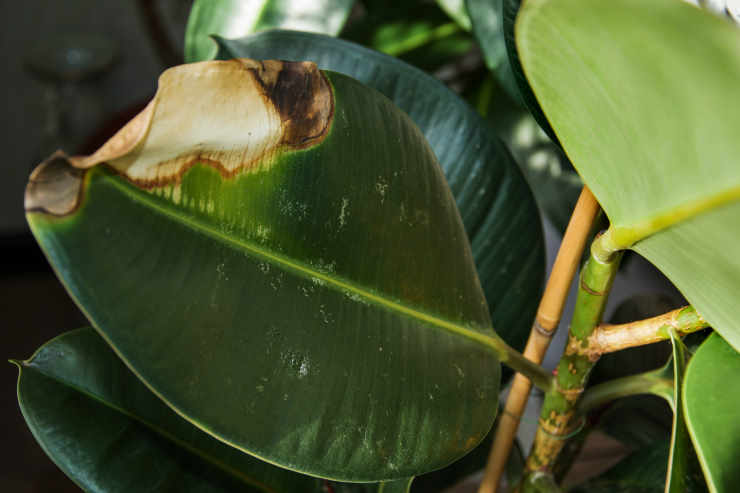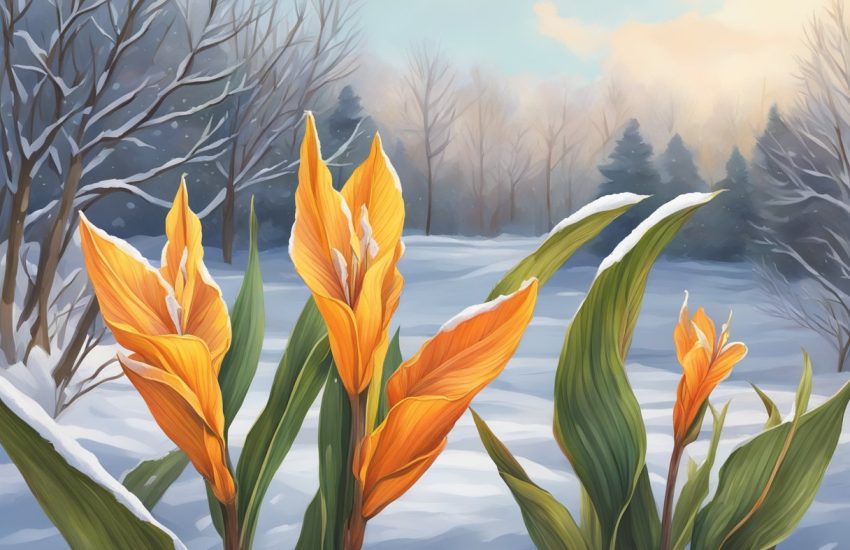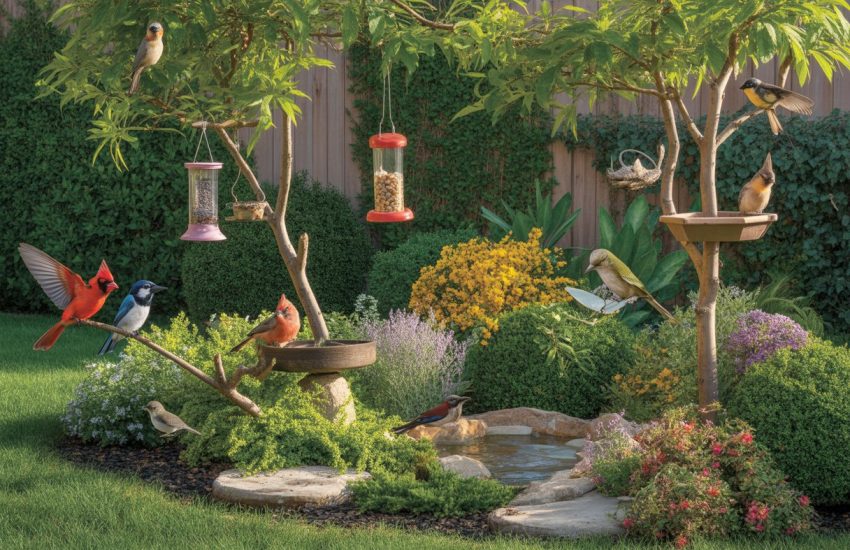Do Plants Die of Old Age?
Last updated: February 11, 2026
Introduction
It is a fact known to many that living organisms that cover the vast majority of the ecosystem, such as humans and animals, can age and die during their life journey. But have you ever thought about the question of do plants die of old age?
A pretty interesting question, isn’t it? On top of this problem, many people think that plants do not age and die in this way because of their ability to renew themselves. But this is not entirely true.
Can Plants Die of Old Age?
What Happens to Plants When They Get Old?
Considering that many living things reach death in the stage of birth and growth, it is often questionable whether plants also face death in aging.
That is to say, many people think that plants do not die or perhaps do not age because of their ability to renew their cells and tissues. But this is wrong. Like many other living things, plants age gradually as they continue to grow, and as they age, the regeneration processes of their cells slow down, just like in other living things. Eventually, this process stops, and the plant dies.
If we gather what has been said in a single sentence, plants grow and develop like many other living organisms and age, and when they get old, they die naturally when the slowing regeneration process finally stops.
Do Houseplants Get Old?
We mentioned above that plants age and die naturally over time. However, when some plants are grown in the home environment, they can be exposed to different conditions, and changes can be observed in the renewal processes. At this point, you may be wondering if your favorite houseplant is dying of old age.
Accordingly, although houseplants do not live forever, they can be plants that can survive for years. When the necessary conditions and adequate nutrition are provided, the basic needs of the food are met, the shortening of its lifespan can be prevented, and even the slowing of the regeneration process can be slowed down. In line with this, we can even tell you that there has been a houseplant still living in the Eastern Cape since 1775!
Do Plants Have Lifespans?
In a sort of, yes, they do have lifespans. However, this life span can vary genetically as well as depending on living conditions and environment. In this context, depending on the care of houseplants, their life span can be extended or shortened. Unless pruned, some plants can continue to grow, and their physical growth cannot be considered equivalent to old age or maturity.
In short, as plants have a lifespan, it is impossible to specify this lifespan within a certain number range.
What Is the Average Lifespan of a House Plant?
As just mentioned, the life span of the plants cannot be determined with certainty, and when we look at the various causes of death in general, it is possible to say that houseplants have a lifespan of 2 to 5 years on average.
What Is the Oldest Plant Alive?
The oldest surviving plant on Earth is Posidonia Australis, a seagrass species at least 4,500 years old, located 180 km deep in Shark Bay, Western Australia. Moreover, this plant is also the largest in the world.
To give an example from history, Silene stenophylla, a native of Siberia, was buried on the edge of the Kolyma River during the Ice Age, but its seeds were discovered to be 32,000 years old. A Russian expeditionary team discovered this plant is the oldest back-to-life plant.
In light of the examples mentioned and given, we can say that plants have a lifespan, but this lifespan is not drawn as sharply as that of humans or animals.
Can A Plant Live Forever?

In light of what has been said, the answer to this question may be a summary of the article. Finally, we mentioned that plants have systems that can renew their cells and tissues. Naturally, these systems slow down under certain conditions and environmental adaptations, just as humans do when they age.
So no, plants technically cannot live forever. On the other hand, as we have seen in the example above, even a very old plant from history has a chance to be brought back to life. In this context, the return to the life of an old plant with good luck and hope is also a positive situation.
How Do You Revive Old Plants?
Apart from scientific procedures, the following steps can be followed to save your old plant in a very short and simple way;
You should start by changing the soil and pot of your plant. A new and refreshed environment will be very good for your plant. Accordingly, considering the old age of your plant, you should choose soil under the criteria and characteristics that it will be sensitive to. As a recommendation, in terms of rejuvenating the old plant, it may be better to use mixed soils that are rich in nutrients and enriched.
As another step, you should be careful about pruning and trimming. By trimming the dead and dried roots and leaves of your old plant, you can enable the plant to develop and renew itself.
Prevent your plant from getting too much sun. Since your plant is already aged, its sensitivity to drying will increase, so you can keep it away from areas where it will experience more drying so that it renews itself. As the last and most important step, you must be patient. With the blending of lots of patience and love, your plant will follow a regeneration-oriented path in this process and will be refreshed.
Conclusion
To wrap things up, plants are born and grow as one of the strongest living organisms in the ecosystem. The regeneration system they perform during this growth phase slows down over time, causing the plants to age. At the end of this slowing system journey, the plant’s system stops, resulting in its natural death.
So yes, plants age too, and they get old and die. Although this death period varies according to different plants with different genetics and environmental conditions, it is a valid situation for many plants.
You may also be interested in:
Why Is My Snake Plant Dying? Simple Solutions


